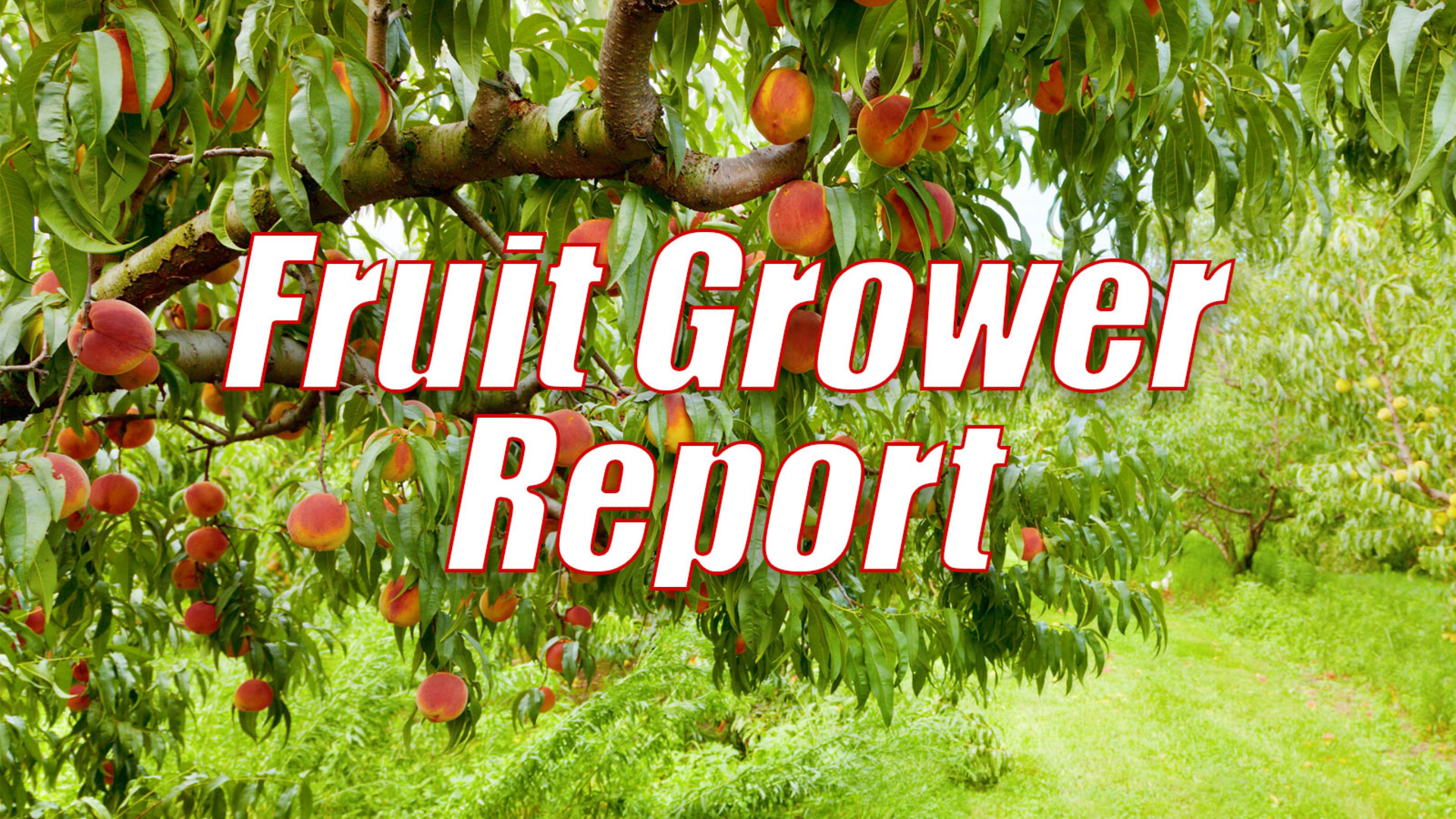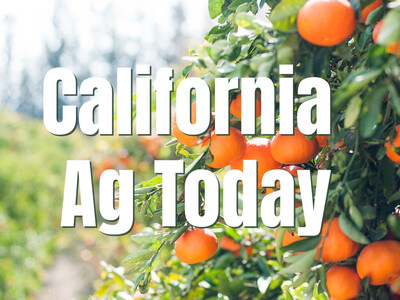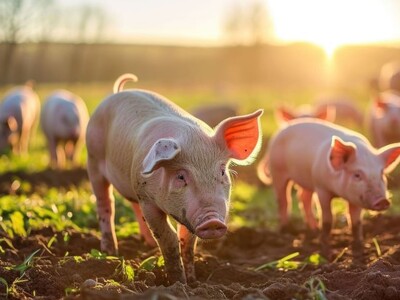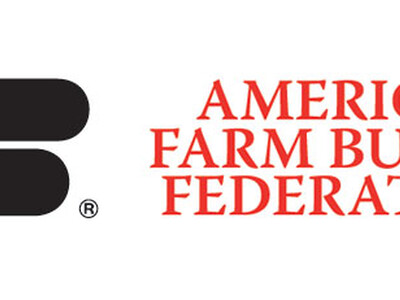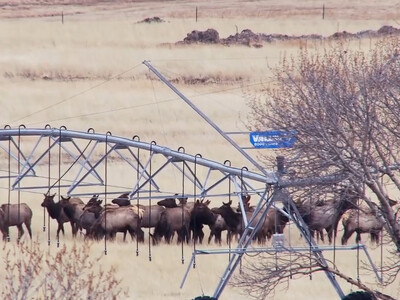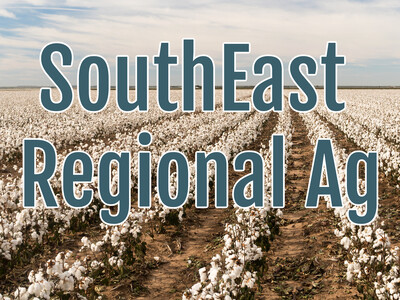Stink Bugs Invade Orchards
With the Fruit Grower Report, I'm Susan Allen. Stink bugs are invading orchards, especially hazelnuts so imagine Chris Hedstrom, an entomologist with the Oregon Department of Agriculture's delight when he found a tiny wasp in a cluster of exotic stink bugs in a trap in downtown Portland. It's the same wasp that has been reared for the past four years by ODA in a quarantine facility at Oregon State University with the hopes that it can be released as a biocontrol agent to fight the stink bug:HEDSTROM: "It's interesting because we've been working on this for so long trying to get it released and then to find it in the field and to see that it is attacking stink bugs in the field, that's really encouraging that we might have something here that's going to make an impact on the populations of BMSB.
It can't come soon enough now that brown marmorated stink bug is becoming an agricultural pest :
HEDSTROM: "Last year, we started to get the first response from growers. They were starting to see what they thought was stink bug damage. A lot more stink bugs showing up in their orchards, specifically in hazelnuts. This year we saw the same thing early on
"Right now, we are putting together a petition for release because we have enough data where we can make the first pass, anyway, to try and get that thing out there because we want to get this out soon. Growers are worried about this. Some growers have already been impacted and they are looking for a biocontrol solution."
While it's good news to find these wasps, Chris thinks they could also use a little help:
HEDSTROM: "You know, you have these agents that are expected to spread on their own. But they certainly work faster if you can help them along. If you can take an insect that's doing the job in one part of the state, move it to a part where that insect doesn't exist yet, to get it going, that's definitely a help
left unchecked, in states like Pennsylvania, major losses have been reported for apples, peaches, grapes, tomatoes, and many other fruits and vegetables that also grow in the PNW.
only the right stink bug species will be impacted.


